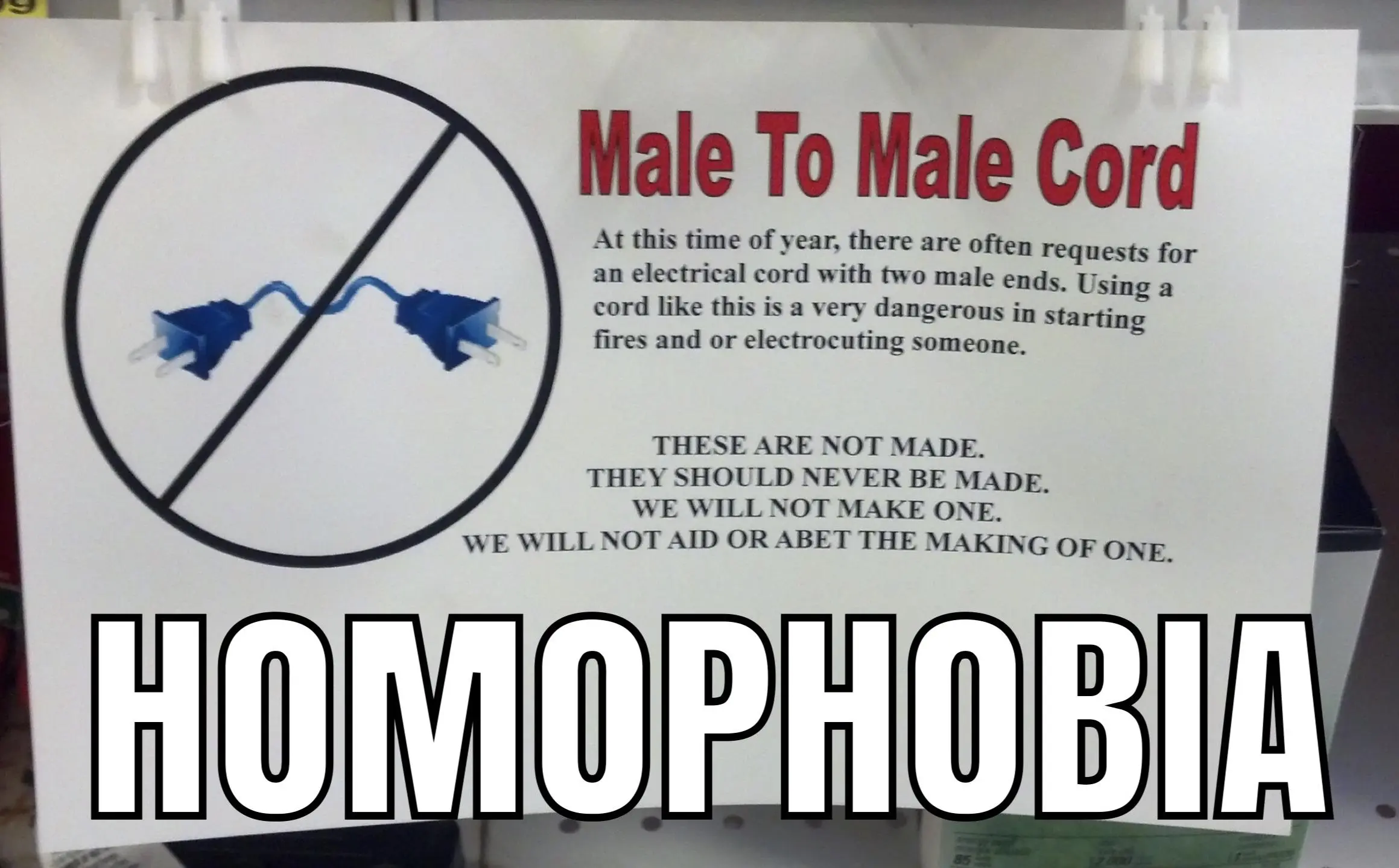this post was submitted on 31 Jul 2024
548 points (100.0% liked)
196
16500 readers
3040 users here now
Be sure to follow the rule before you head out.
Rule: You must post before you leave.
founded 1 year ago
MODERATORS
you are viewing a single comment's thread
view the rest of the comments
view the rest of the comments

You can run something like a house off a generator with one if the main breaker is off; in an emergency and the operation reasonably well planned out (don’t overload wall lines you plugged into, etc.) it might be a net benefit. On the reg is asking for death cause there’s safe ways to do it that sane people would plan for on the reg
That would surely only power a single circuit (due to isolation) and if you have to be selective, a critical circuit like your fridge isn't really likely to have a wall port on the same circuit near where you'd happily have your fume emitting generator..
I'm no electrician but I've generally installed automatic transfer switches (ATS) for mine site server cabinets that then power UPS racks and the transfer switch automatically or manually can switch from mains to generator if mains power goes out (which at a mine is all the time). I feel like a similar and safe system must exist for homes. Or something no different to switching solar to grid and back.
But again, not an electrician.
In your typical household panel there is no isolation. If you're lucky there's a GFCI for the bathroom and kitchen.
Edit: not to imply GFCI provides isolation either
Wait so, if your kettle fails, your fridge loses power for example?
In Murica, the kettle tripping a circuit breaker would knock out the fridge if the fridge was on that breaker circuit. Anything not on that circuit breaker is fine.
No isolation here just means that if the breaker doesn’t trip, the kettle’s circuit and fridge’s circuit are connected together in the circuit breaker box by copper bars.
Ah yep that makes sense though I'm following now